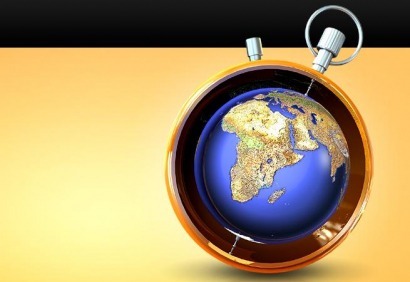
“Clean tech in the African context is much about the provision of sustainable resources primary to human daily existence, namely energy and water. Coupled with this is also the need to ensure sustainability of these resources, and whilst minimising the impact on the environment,” says the newly created African Clean Tech Association. “The global rush for deployment of sustainable technologies and solutions takes on a particular angle in as far as Africa. It has to answer not only for issues relating to global climate change, diminishing or over exploited resources, lack of sustainable development, but also the dire need to address socio-economic objectives.”
Clean Technologies include technologies driving renewable energy, water (drinking/potable), wastewater/sewage treatment, and waste recycling. In Africa, the production and processing of biofuels are just one of the sectors will enjoy much of the research, development and investment, says ACTA.
Its mission is to establish a thriving clean technology industry by providing representation, networking and capacity building. ACTA is a networking group for decision makers in wind, solar, biomass, biofuel, coal, nuclear, water treatment and conservation, recycling, carbon, research, government, professional services and angel, venture capital & private equity investors.
“New cost effective solutions such as the provision of affordable education, health care services, telecommunications, bring about significant socio-economic benefits to underserved regions. So does clean technology which can be leveraged to offer marginalised communities the opportunity to superimpose their socio-economic priorities for the benefit of all,” says Suza Adam, who heads up ACTA.
For example communities can engage in the agricultural production of biofuels, and even processing. Yet another example would be the production of activated carbon utilising organic waste.
High tech projects in renewable energy such as solar (CSP, photovoltaic farms) are having very substantial economic impact on peripheral communities. Not the least important is the provision of potable/drinking water, where novel and cost effective solutions can now provide accessibility to such sought-after resource, by hybridizing self-contained system/s whereby the renewable energy component is driving a desalination plant in remote and inhospitable areas.
“For ATCA, African clean tech is not so much about the reduction of greenhouse gases, individual carbon footprint or a transient fashion, but rather an enabling set of tools/technologies to bring about change to the way of life of many economically marginalised communities,” states Adam.
For additional information:

